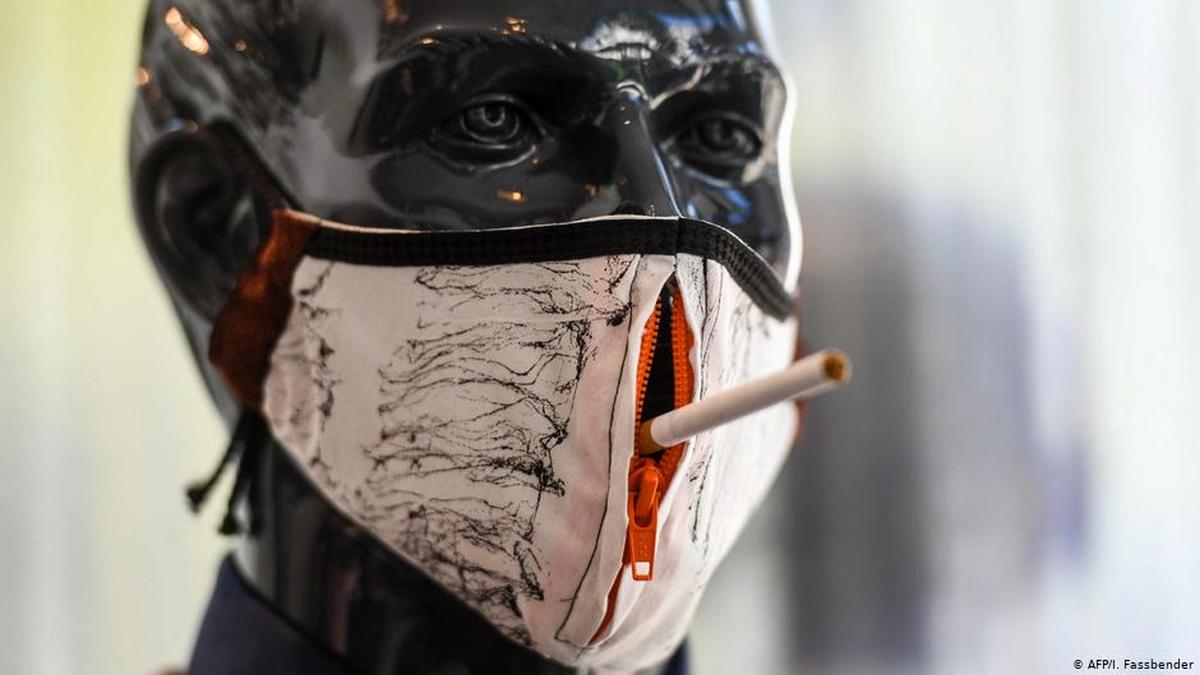Smokers are less likely to be infected with the coronavirus, say Japanese scientists. But why? They found out how smoke affects cells. Here is the conclusion they came to:
Does smoking prevent coronavirus infection? Since the beginning of the pandemic, this issue has sparked a heated scientific debate. Yes, you read that right: at the beginning of the pandemic, many studies concluded that smoking probably reduces the risk of coronavirus infection, which has forced smokers to calm down.
For example, a French study analyzing data on patients infected with COVID in a Paris hospital found that only 5% of patients were smokers. That is much less than in the general population, in which smokers make up 25 percent. This so-called “smoker paradox” also stands out in various other studies. However, so far the reason for this has been unclear.
How does smoke affect the virus?
However, now scientists from Hiroshima have come much closer to an explanation. They studied the site of entry of the coronavirus into the cell – the so-called “input protein” ACE2, which serves as a receptor for SARS-CoV-2. The aim of the experiment was to find out under what conditions cells increase or decrease the production of ACE2 receptor protein.
Keiji Tanimoto and his team first looked for cells with a particularly large amount of ACE2 on their surface, and thus came to the so-called HepG2 cells. In the experiment, these cells were exposed to different amounts of cigarette smoke extract for 24 hours, and a surprising discovery was made: the more cigarette smoke, the less ACE2 accumulated in the cells, ie the “entrance” for the virus narrowed.
Japanese scientists explain this by the so-called polycyclic aromatic hydrocarbons contained in cigarette smoke. These are substances that can cause cancer, but the receptor activated by them in the cell, during the experiment was identified as an important factor in reducing ACE2.
At least in the laboratory, it appears that cigarette smoke does prevent the penetration of SARS-CoV-2 into cells and infection, given that it contains polycyclic aromatic hydrocarbons that limit the space for the virus.
Should I start smoking?
No! In any case, the recommendation to smoke does not follow from the conclusions of Japanese scientists. If their findings are not taken into account, smokers are much more at risk of severe COVID-19. According to the WHO, smokers have a 40-50% higher risk of serious illness and death. Therefore, smoking is not recommended at all.

